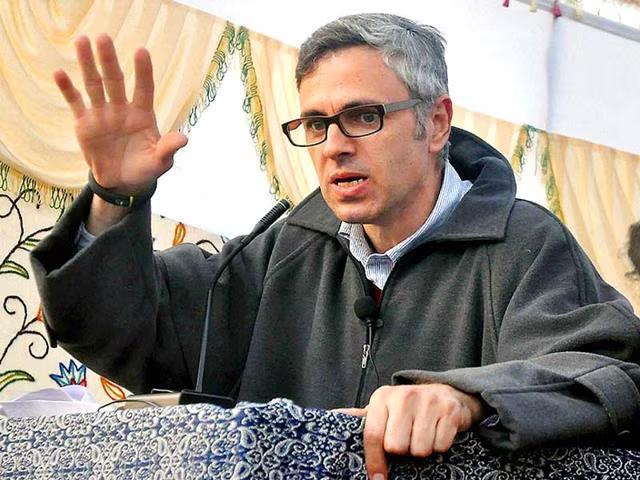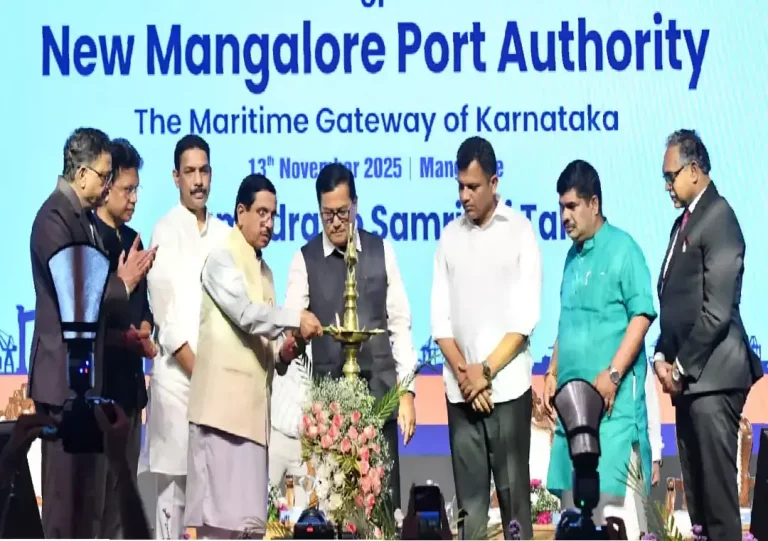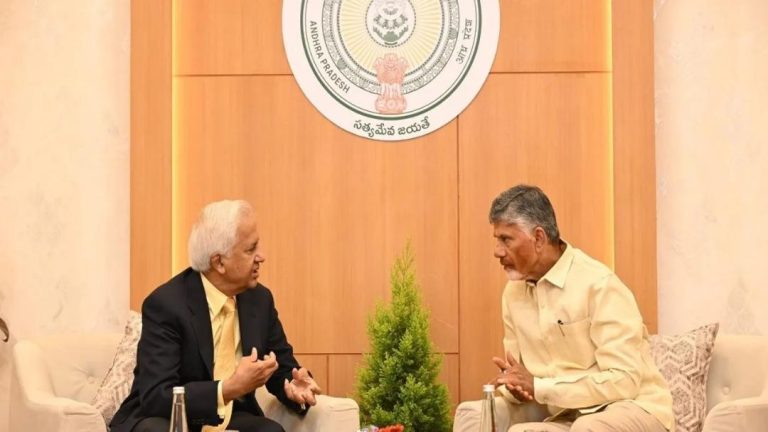
US Doesn’t Care About Any Other Country: J&K CM Omar After Trump-Pak Army Chief Lunch
The recent lunch meeting between US President Donald Trump and Pakistan Army Chief General Asim Munir has raised eyebrows globally, with many questioning the timing and implications of the encounter. In the midst of this controversy, Jammu and Kashmir (J&K) Chief Minister Omar Abdullah has come out with a scathing critique of the US President’s decision, stating that the US does not care about any other country.
In an interview, Omar Abdullah expressed his disappointment and frustration at the US President’s decision to host the Pakistan Army Chief for lunch. “We can’t dictate to US President whom he should invite for dinner…We used to think the US President was our close friend, and he’d respect that, but the US does what benefits them, they don’t care about any other country,” he stated.
Omar Abdullah’s sharp response has sparked a debate on the nature of the US-Pakistan relationship and the implications of Trump’s decision. The meeting between the two leaders has been seen as a significant development in the context of the ongoing tensions between India and Pakistan, particularly with regards to the Kashmir issue.
The US-Pakistan relationship has been a complex one, with the two countries sharing a mix of strategic and economic interests. While the US has traditionally been an ally of Pakistan, the country’s relationship with India has been strained in recent years, particularly since the Pulwama terrorist attack in February 2019.
The meeting between Trump and Munir has been seen as a significant diplomatic coup for Pakistan, which has been facing increasing isolation in the region. The Pakistan Army Chief’s visit to the White House comes at a time when the country is facing intense pressure from the international community to crack down on terrorist groups operating from its soil.
However, Omar Abdullah’s response has highlighted the growing sense of disillusionment among many Indians with the US administration’s approach towards India. The US has been criticized for its perceived bias in favor of Pakistan, particularly in the context of the Kashmir issue.
The Kashmir dispute has been a contentious issue between India and Pakistan for decades, with both countries claiming sovereignty over the region. The situation has become increasingly volatile in recent years, with the Indian government’s decision to scrap Article 370 of the Indian Constitution in August 2019, which granted special autonomy to Jammu and Kashmir.
The US has been criticized for its failure to condemn Pakistan’s support for terrorist groups operating in Kashmir, which has been seen as a major obstacle to peace in the region. The country’s continued provision of military aid to Pakistan has also been seen as a major concern, given the country’s history of using these funds to support terrorist groups.
Omar Abdullah’s response has also highlighted the need for India to develop a more independent foreign policy, rather than relying too heavily on the US for support. The country has long been a key ally of the US, but the recent developments have raised questions about the nature of this relationship and the extent to which India is willing to compromise its own interests in order to maintain good relations with the US.
In conclusion, Omar Abdullah’s sharp response to the meeting between Trump and Munir has highlighted the growing sense of disillusionment among many Indians with the US administration’s approach towards India. The meeting has been seen as a significant diplomatic coup for Pakistan, but it has also raised questions about the nature of the US-Pakistan relationship and the implications of Trump’s decision.
As the situation continues to unfold, it is clear that the US does not care about any other country, and will do what benefits them the most. The onus is now on India to develop a more independent foreign policy, rather than relying too heavily on the US for support.






